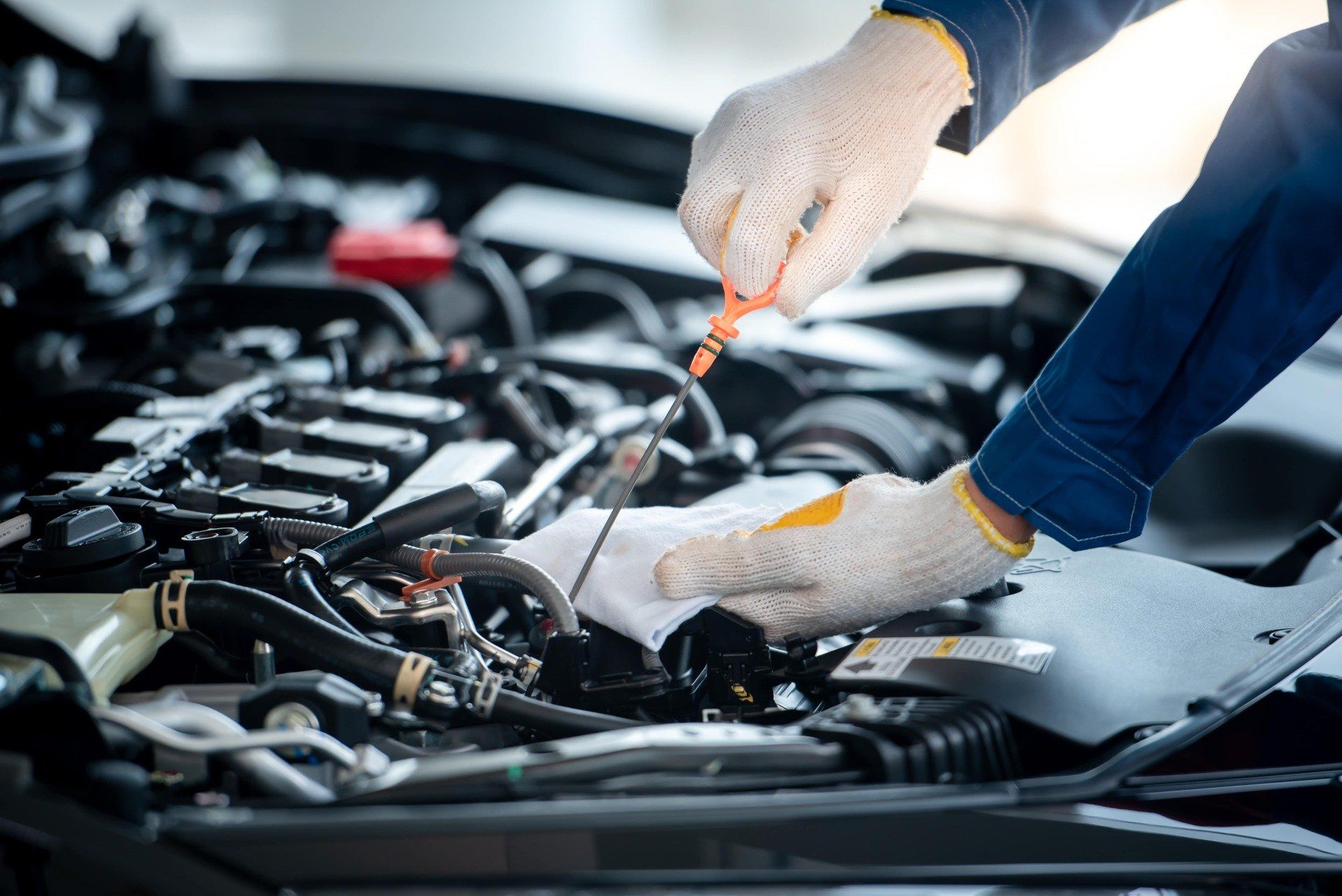All Categories
Featured
Your car's brakes are just one of the most important elements in guaranteeing your security and the security of others when traveling. Regular brake examinations are vital to preserving optimal stopping efficiency and staying clear of costly fixings. Whether you're an experienced auto owner or a new vehicle driver, understanding brake evaluation guidelines can help you remain positive about maintenance and ensure your car is always roadworthy.
- Why Brake Inspections Issue. Brakes go through consistent wear and tear. The even more you drive, the much more friction your brake pads withstand, ultimately leading to reduced braking effectiveness. Without appropriate examination, it's challenging to gauge when your brakes may be in need of repair. Normal brake checks help identify concerns early on, avoiding prospective failures that could place you in danger.
A well-kept brake system makes certain fast, receptive quiting power, specifically in emergency situations. It also assists expand the life of your car, as ignoring brake upkeep can lead to extra extreme, pricey problems later on.
- Indications You Need a Brake Inspection. While it's important to have your brakes inspected regularly, particular indicators may show that they need focus. Maintain an eye (and ear) out for these caution signals:
Squealing or Grinding Sounds: Unusual sounds, particularly a piercing squeal or grinding sound, frequently suggest that your brake pads are used down. Resonance or Pulsation: If you really feel vibrations or a pulsing sensation when pushing the brake pedal, it might be a sign of deformed rotors or uneven brake pad wear. Minimized Brake Responsiveness: If your brakes really feel much less responsive or you need to press the pedal harder to decrease, it may indicate air in the brake lines or reduced brake fluid. Pulling away: If your lorry pulls away when braking, it could indicate irregular brake pad wear or a brake liquid leakage. Dashboard Warning Lights: Some autos have brake-related caution lights that indicate issues like low brake liquid or worn brake parts. If you observe any one of these signs and symptoms, it's important to have a specialist mechanic carry out a brake examination immediately.

- What Takes place Throughout a Brake Assessment? During a brake inspection, a technician will certainly inspect several essential elements of the stopping system to guarantee every little thing remains in functioning order. Right here's what you can expect during the procedure:
Brake Pads and Shoes: The mechanic will examine the density of the brake pads or footwear. If they're also slim, they'll require to be replaced. Brake Rotors: Rotors are the discs that the brake pads press against to slow your car down. They'll be looked for any kind of indicators of wear, scoring, or bending. Brake Fluid: Low or polluted brake liquid can hinder braking performance. The professional will certainly examine the liquid degree and top quality and leading it up or purge it if essential. Brake Lines and Pipes: Brake lines bring fluid from the master cyndrical tube to the brakes. The technician will inspect for any kind of leakages, splits, or damages to guarantee correct liquid flow. Brake Calipers and Wheel Cylinders: Calipers and wheel cylinders push the brake pads against the rotors or drums. The professional will certainly look for wear, leaks, and proper procedure. 4. How Frequently Should You Have Your Brakes Evaluated? The regularity of brake examinations depends on variables like your driving routines, the sort of automobile you drive, and the setting in which you drive. As a general regulation, it's a good concept to have your brakes checked every 12,000 miles or annually. If you experience any of the warning signs discussed previously, it's vital to get your brakes checked promptly.
For those who regularly drive in rush hour, mountainous terrain, or harsh climate condition, more regular examinations may be needed.
- Significance of Timely Brake Fixes. When you discover an issue with your brakes, it's necessary to address it today. Postponing brake repair work can cause more significant damages to your stopping system, leading to higher repair service prices. In extreme instances, ignoring brake issues can cause finish brake failure, which is a severe safety risk.
By staying on top of brake upkeep and addressing concerns immediately, you make sure that your brakes remain to do as planned, keeping you and your passengers safe when traveling.
Conclusion: Keep Your Brakes in Leading Shape. Brake inspections are an easy yet important component of automobile maintenance. By recognizing the significance of regular evaluations, knowing the indicators of brake issues, and remaining aggressive with fixings, you can guarantee your car's braking system remains in optimum problem.
Latest Posts
Find Out How Your Partner at WyHy Maximizes Your Savings on Loans and Savings
Discover Montclare Auto Repair’s Top Car Care Solutions and Why Drivers Trust Them
Recognizing When Your Car Needs Expert Auto Repair at Montclare Auto Repair
More
Latest Posts
Find Out How Your Partner at WyHy Maximizes Your Savings on Loans and Savings
Discover Montclare Auto Repair’s Top Car Care Solutions and Why Drivers Trust Them
Recognizing When Your Car Needs Expert Auto Repair at Montclare Auto Repair
